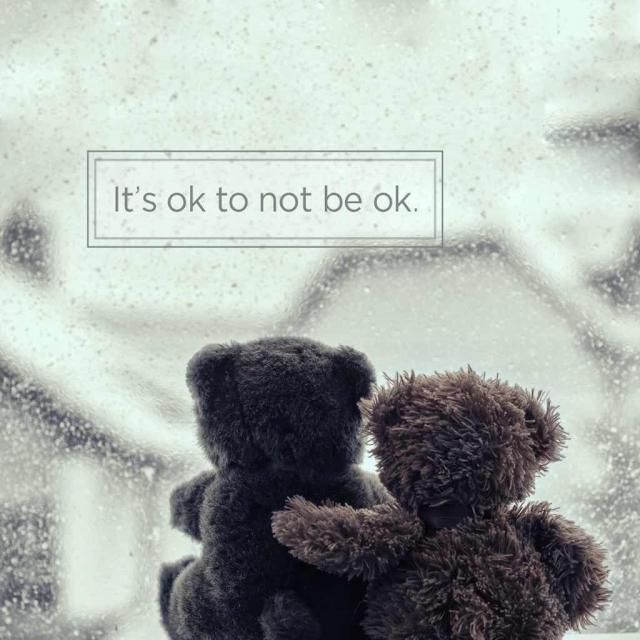Smokers are more likely to have depression than non-smokers. Recognize the signs of these conditions and understand how smoking can make them worse.

What is depression?
Depression can happen to anyone, but smokers and women are more likely to experience depression. Your race, where you live, or how much money you make doesn’t change your chance of having depression.
Everyone is different, but some common things can lead to depression:
- Feeling lots of stress.
- Going through a difficult life event.
- A big life change, even if it was planned.
- A medical problem.
- Taking a medication known to cause depression.
- Using alcohol or drugs.
- Having blood relatives who have had depression.
For some people, depression is only a problem during stressful times, like a divorce or the death of a loved one. For other people, depression happens on and off throughout their lives.
Signs of Depression
Everyone has down days and times when they feel sad. Sadness could turn into depression, but depression and sadness are different:
- How long: Depression is felt every day or most days and lasts at least two weeks, usually much longer.
- How bad: Depression gets in the way of everyday life. It can stop you from working, carrying out family duties, or doing things you want to do.
People with depression usually feel down or blue. They may have other signs:
- Feeling sad all the time.
- Not wanting to do things that used to be fun for them.
- Being grumpy, easily frustrated, or restless.
- Have trouble falling asleep or staying asleep, waking up too early, or sleeping too much.
- Eating more or less than they used to.
- Having trouble thinking.
- Feeling tired, even after sleeping well.
- Feeling worthless.
- Thinking about dying or hurting themselves.
Take the depression quiz to find out if you’re having signs of depression.
How are smoking and depression linked?
Smokers are more likely to have depression than non-smokers. Nobody knows for sure why this is.
Mood changes are common after quitting smoking. Some people feel increased sadness and you might be irritable, restless, or feel down or blue. Changes in mood from quitting smoking may be part of withdrawal, which is your body getting used to not having nicotine. Mood changes from nicotine withdrawal usually get better in a week or two. If mood changes do not get better in a couple of weeks, you should talk to your doctor. Something else, like depression, could be the reason.
Smoking may seem to help you with depression. You might feel better in the moment. But there are many problems with using cigarettes to cope with depression.
Get Help for Depression
Many people benefit from treatment for depression. Treatment can help reduce symptoms of depression and shorten how long depression lasts. Treatment usually means getting counseling, taking medications, or doing both.
Counseling
Counseling, also known as talk therapy or psychotherapy, can be helpful and is often an important part of treatment for depression. Most talk therapy for depression lasts for only a short time. It typically focuses on the thoughts, feelings, and issues happening in your life now. Talk therapy is more than telling the counselor about your problems. It means working with the counselor to improve the way you cope with things in your life, change behaviors that are causing problems, and find solutions.
Medications
Many people with depression find that taking medication can improve their mood and ability to cope. Medications for depression are called antidepressants. Antidepressants cannot solve your problems but they can help you even out your mood and better enable you to handle events in your life that are affecting your mood. You will need to see a healthcare provider to get a prescription for an antidepressant. Follow instructions carefully when using antidepressants. Don’t stop taking them without talking to your healthcare provider.
Find Help 24/7
If you or someone you know is in distress or having suicidal thoughts, get help now. Call or text 988 or chat online for 24-hour, free and confidential support from trained counselors.
Para obtener asistencia en español durante las 24 horas, llame al 988.







